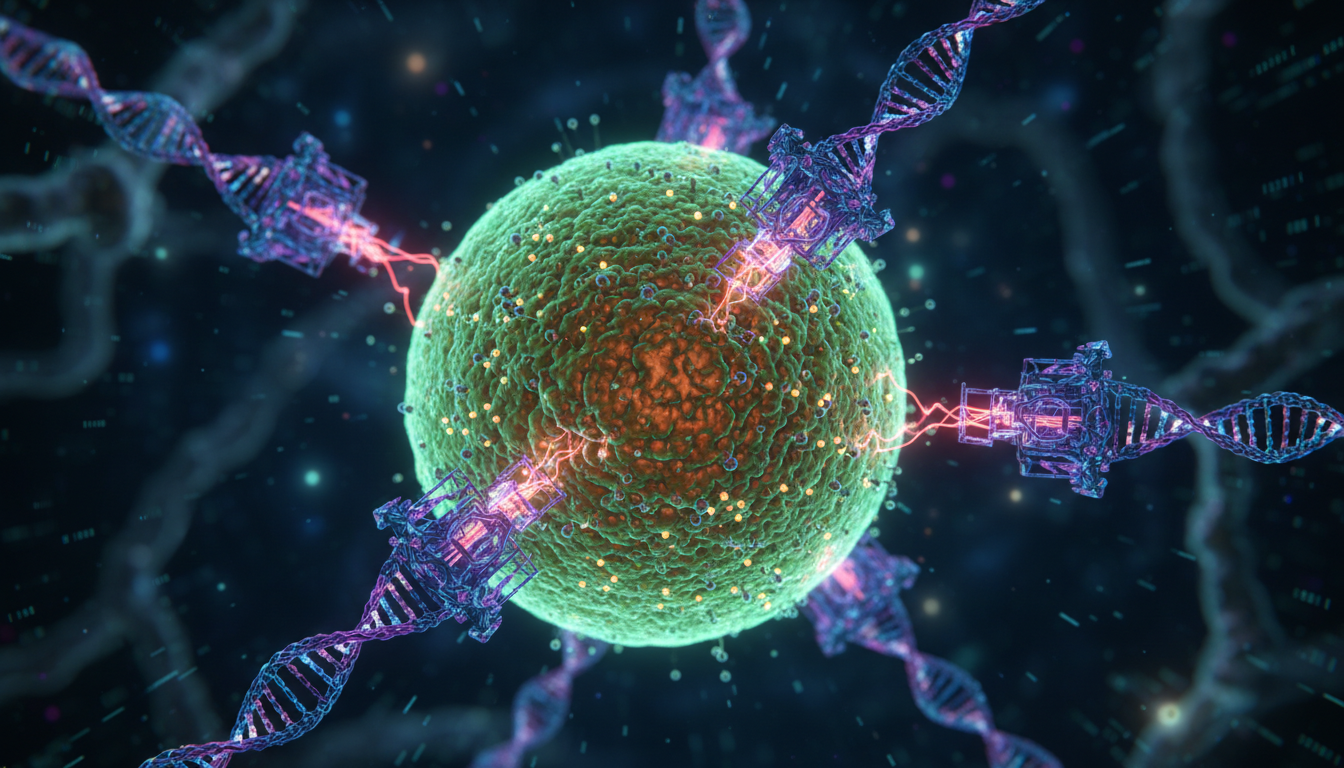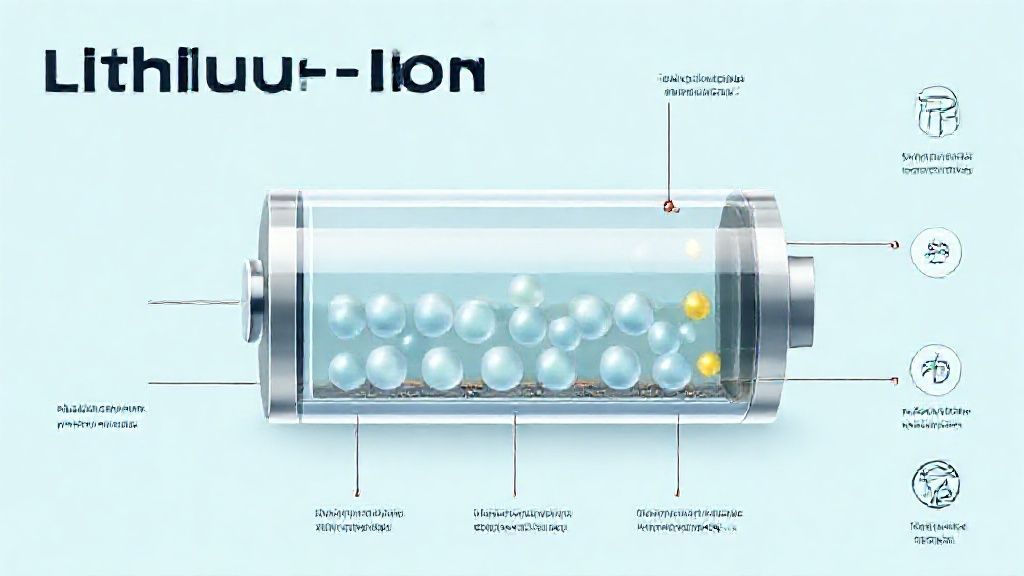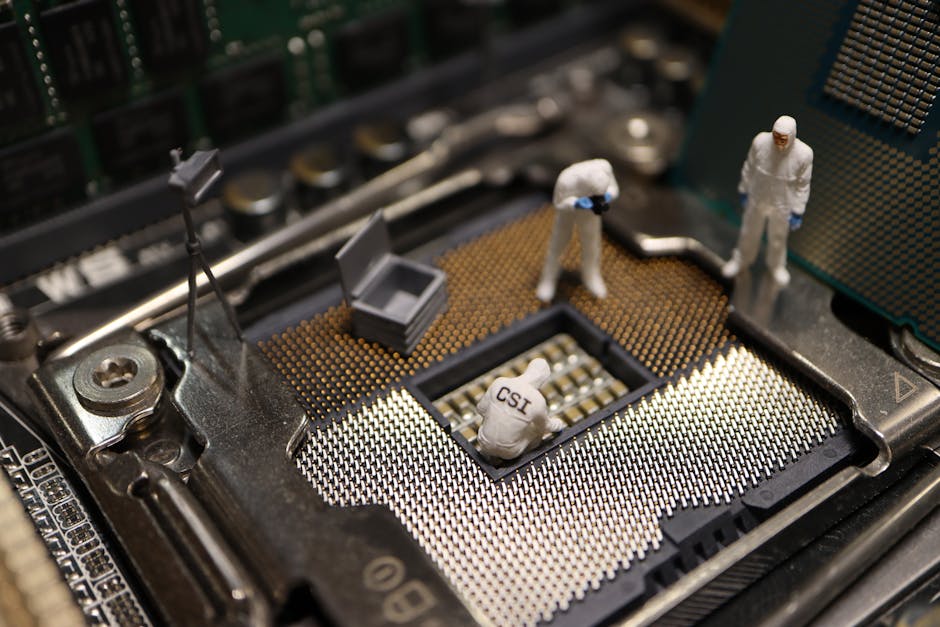This research delves into the intricate relationship between the gut microbiome and stress responses. Specifically, it explores how the trillions of microorganisms in our gut influence our hormonal reactions to stress, examining this relationship in a time-dependent manner. Furthermore, the study identifies key gut bacteria, like a specific Lactobacillus strain, as crucial players in this process. Understanding these interactions is vital for developing new therapeutic approaches to mental health challenges.
Consequently, this study reveals a strong connection between the gut microbiota and the body's primary stress response system, the HPA axis. Disruptions in the gut microbiome can lead to hyperactivation of the HPA axis, impacting stress responses throughout the day. Importantly, the research highlights the time-dependent nature of these interactions, demonstrating how specific gut bacteria influence stress responses in a circadian manner. This offers a novel perspective on the gut-brain axis and its role in stress regulation.
On This Page
We also Published
"This groundbreaking study reveals a significant link between the gut microbiome and stress responses, highlighting the crucial role of gut bacteria in regulating stress."
This groundbreaking research delves into the intricate relationship between the gut microbiome and the body's response to stress. The study highlights the critical role of gut bacteria in regulating stress responses, emphasizing the impact of these microorganisms on our mental well-being. The findings underscore the importance of maintaining a healthy gut microbiome, particularly in today's fast-paced and stressful environment. This study, focusing on the gut-brain axis, explores how the trillions of microorganisms in our gut influence our hormonal responses to stress in a time-dependent manner, paving the way for novel therapeutic approaches to mental health challenges. The research also explores how maintaining a healthy gut microbiome can help manage stress-related disorders.
The study reveals a strong connection between the gut microbiota and the hypothalamic-pituitary-adrenal (HPA) axis, the body's primary stress response system. It demonstrates that disruptions in the gut microbiome can lead to hyperactivation of the HPA axis, impacting stress responses throughout the day. This research has significant implications for understanding how the gut microbiome shapes our mental health, particularly in relation to stress and circadian rhythms. The findings provide crucial insight into the complex interplay between the gut microbiome and the brain, revealing how specific gut bacteria influence stress responses.
The research further identifies specific gut bacteria, like a Lactobacillus strain (Limosilactobacillus reuteri), as key players in this circadian-regulated stress mechanism. These bacteria are shown to modulate glucocorticoid secretion, the body's stress hormones. This discovery highlights the potential for psychobiotic interventions, focusing on specific gut bacteria, to improve mental health outcomes by regulating stress responses. The study's findings provide a deeper understanding of how gut bacteria influence stress responses, opening doors for potential treatments for stress-related disorders.
The study's implications extend beyond the realm of stress management, potentially impacting various aspects of human health. The research underscores the importance of understanding the interplay between the gut microbiome and circadian rhythms in maintaining overall well-being. The study's findings are crucial for developing microbiota-based therapies for stress-related disorders, offering hope for improved mental health outcomes in the future. The study emphasizes the need for further research to explore the potential of targeting specific bacteria to effectively manage or prevent stress-related conditions.
Key Bacteria and Their Role in Stress Regulation
The research pinpoints specific gut bacteria, including a Lactobacillus strain, as crucial influencers in the circadian-regulated stress mechanism. These bacteria are identified as key players in modulating glucocorticoid secretion, the body's stress hormones. This discovery is a significant step towards understanding how the gut microbiome influences stress responses throughout the day, offering potential targets for future treatments. The study's findings provide a deeper understanding of the specific mechanisms by which gut bacteria influence our response to stress, offering a new perspective on the gut-brain axis.
The study highlights the time-dependent nature of gut bacteria's influence on stress responses. The identified bacteria demonstrate a clear connection between the gut microbiome's natural diurnal oscillations and altered stress responsiveness. This time-specific impact on stress responses is a key finding, highlighting the importance of considering the daily fluctuations in gut bacteria composition when studying stress responses. The research provides insights into how the gut microbiome interacts with circadian rhythms to regulate stress responses.
The identified bacteria, like the Lactobacillus strain, offer potential targets for psychobiotic interventions aimed at improving mental health outcomes. These interventions could focus on specific bacteria that influence stress regulation. The study's findings open up new possibilities for personalized treatments, potentially tailoring interventions to individual gut microbiome compositions to optimize stress management. The study provides valuable information for developing targeted interventions to manage stress-related disorders.
The research's findings on specific gut bacteria provide valuable information for the development of targeted therapies for stress-related conditions. This research paves the way for personalized approaches to stress management, potentially tailoring interventions to individual gut microbiome compositions. The potential for microbiome-based interventions in mental health is highlighted, offering hope for improved stress management and mental well-being in the future. The study provides a deeper understanding of how specific gut bacteria can be targeted for improved stress regulation.
Future Implications and Applications
The study's findings have significant implications for the development of new microbial-based medicines to manage stress-related mental health problems. The research underscores the importance of maintaining a healthy gut microbiome, particularly in today's stressful environment. The potential for psychobiotic interventions, targeting specific gut bacteria, offers hope for improved mental health outcomes. The research's findings have significant implications for understanding the gut-brain axis and its role in regulating stress responses.
The study's findings highlight the importance of considering circadian rhythms in the context of stress responses and gut microbiome interactions. The research emphasizes the need for further investigation into the complex interplay between gut bacteria and circadian rhythms to better understand how these factors influence stress responses. This research provides crucial insights into the intricate relationship between the gut microbiome and the body's stress response system. The findings offer potential for developing novel treatments for stress-related disorders.
The study's findings could potentially lead to the development of personalized therapies for stress-related conditions. The research's findings on the time-dependent nature of gut bacteria's influence on stress responses offer potential for personalized interventions. The study's findings have significant implications for understanding the complex relationship between the gut microbiome, circadian rhythms, and stress responses. The research paves the way for developing novel approaches to stress management and mental well-being.
The research's potential applications extend beyond stress management. The study's findings offer a new perspective on the gut-brain axis, highlighting the potential for microbiome-based therapies to improve various aspects of human health. The research's findings have significant implications for understanding the complex interplay between the gut microbiome, circadian rhythms, and overall health. The study's findings have significant implications for the development of new strategies for stress management and mental health.
Conclusion: A New Era in Mental Health
This research marks a significant advancement in our understanding of the intricate relationship between the gut microbiome and stress responses. The study's findings highlight the crucial role of gut bacteria in regulating stress responses, emphasizing the importance of maintaining a healthy gut microbiome in today's stressful environment. The potential for psychobiotic interventions to improve mental health outcomes is substantial. The study provides valuable insights into the complex interplay between the gut microbiome, circadian rhythms, and overall well-being.
The study's findings underscore the need for further research into the gut-brain axis and its role in regulating stress responses. The research's findings highlight the potential for personalized therapies, tailoring interventions to individual gut microbiome compositions. The study provides a framework for developing novel approaches to stress management and mental health. The study's findings are significant for advancing our understanding of the gut-brain axis and its implications for mental health.
The findings of this research have the potential to revolutionize our approach to stress management and mental health. The study's findings offer a new perspective on the importance of the gut microbiome in overall health and well-being. The study's findings have the potential to impact various aspects of human health, potentially leading to novel treatments and interventions. The research's findings offer hope for improved mental health outcomes through targeted interventions.
This groundbreaking study has significant implications for the future of mental health treatment. The study's findings pave the way for the development of new microbial-based medicines to manage stress-related mental health problems. The research underscores the importance of maintaining a healthy gut microbiome, particularly in today's stressful environment. The potential for microbiome-based interventions in mental health is very real, and this study takes us one step closer to that goal.
| Topic | Summary |
|---|---|
| Gut-Brain Axis in Stress Response | Research explores the intricate link between the gut microbiome and the body's stress response, focusing on how gut bacteria influence hormonal responses and mental well-being, particularly in relation to stress and circadian rhythms. The study highlights the impact of maintaining a healthy gut microbiome on stress-related disorders. |
| Key Bacteria and Stress Regulation | Specific gut bacteria, like a Lactobacillus strain (Limosilactobacillus reuteri), are identified as crucial players in the circadian-regulated stress mechanism. These bacteria modulate glucocorticoid secretion, the body's stress hormones. This discovery suggests potential psychobiotic interventions targeting specific bacteria for improved mental health outcomes. |
| Time-Dependent Impact | The study emphasizes the time-dependent nature of gut bacteria's influence on stress responses, highlighting the importance of considering daily fluctuations in gut bacteria composition when studying stress responses. This time-specific impact on stress responses is a key finding. |
| Future Implications and Applications | The research has significant implications for developing new microbial-based medicines to manage stress-related mental health problems. Potential applications include personalized therapies tailored to individual gut microbiome compositions and microbiome-based interventions in mental health. |
| Conclusion: A New Era in Mental Health | This research marks a significant advancement in understanding the gut-brain axis and stress responses. The study highlights the crucial role of gut bacteria in regulating stress responses, emphasizing the importance of maintaining a healthy gut microbiome. The potential for psychobiotic interventions and personalized therapies is substantial, offering hope for improved mental health outcomes. |
| Key Bacteria (Example) | Limosilactobacillus reuteri |
| Research Focus | Gut-brain axis, stress response, circadian rhythms, psychobiotics, mental health, gut microbiome |
Gut Microbiome and Stress Response: A New Frontier in Mental Health
- The Gut-Brain Connection: This research dives deep into how the trillions of microorganisms in our gut influence our hormonal reactions to stress, examining this relationship over time. Crucially, it highlights the significant impact of the gut microbiome on our mental well-being.
- HPA Axis and Gut Microbiota: The study reveals a strong link between the gut microbiota and the HPA axis, the body's primary stress response system. Disruptions in the gut microbiome can lead to a hyperactive HPA axis, impacting stress responses throughout the day. This is a key finding with significant implications.
- Time-Dependent Interactions: A fascinating aspect of the research is its focus on the time-dependent nature of these interactions. The study demonstrates how specific gut bacteria influence stress responses in a circadian manner, offering a novel perspective on the gut-brain axis and its role in stress regulation.
- Key Gut Bacteria: The research identifies specific gut bacteria, like a Lactobacillus strain, as crucial players in this circadian-regulated stress mechanism. These bacteria modulate glucocorticoid secretion, the body's stress hormones, highlighting their potential as targets for psychobiotic interventions.
- Psychobiotic Interventions: The study's findings open exciting possibilities for psychobiotic interventions, focusing on specific gut bacteria to improve mental health outcomes by regulating stress responses. This could lead to personalized treatments tailored to individual gut microbiomes.
- Future Implications: Beyond stress management, the research has broader implications for various aspects of human health, including understanding the interplay between the gut microbiome and circadian rhythms. This research could pave the way for microbiota-based therapies for stress-related disorders and potentially other conditions.
We also Published
RESOURCES
- The gut-brain connection
- Gut Microbiota Are Associated With Psychological Stress ...
- Role of gut microbiota in brain function and stress-related ...
- The impact of acute and chronic stress on gastrointestinal ...
- Understanding the effects of stress on the gut microbiome
- Stress affects the balance of bacteria in the gut and ...
- Feed your microbes to deal with stress: a psychobiotic diet ...
- Stress & the gut-brain axis: Regulation by the microbiome
- How stress affects the gut microbiome
- How stress is affecting gut health—and what you ...
- Stress resilience and your microbiome








0 Comments